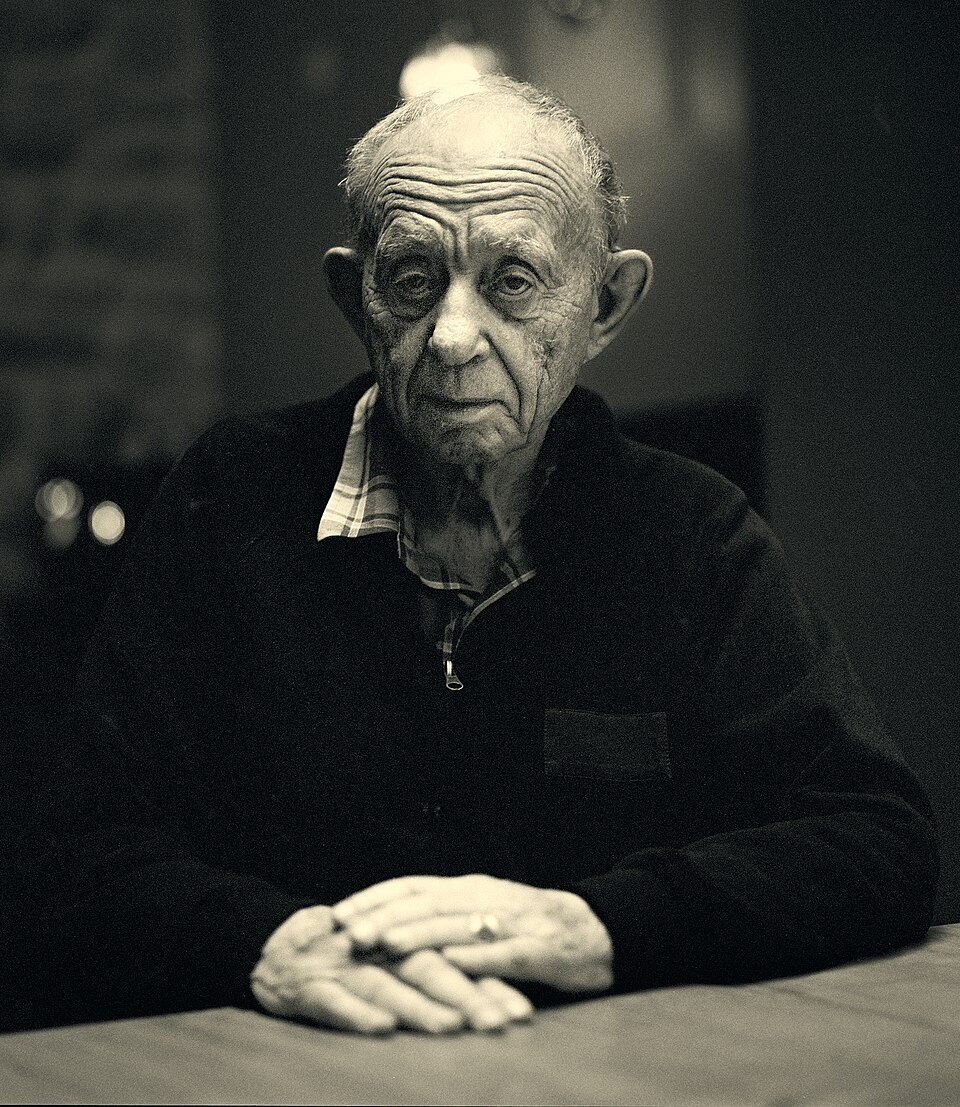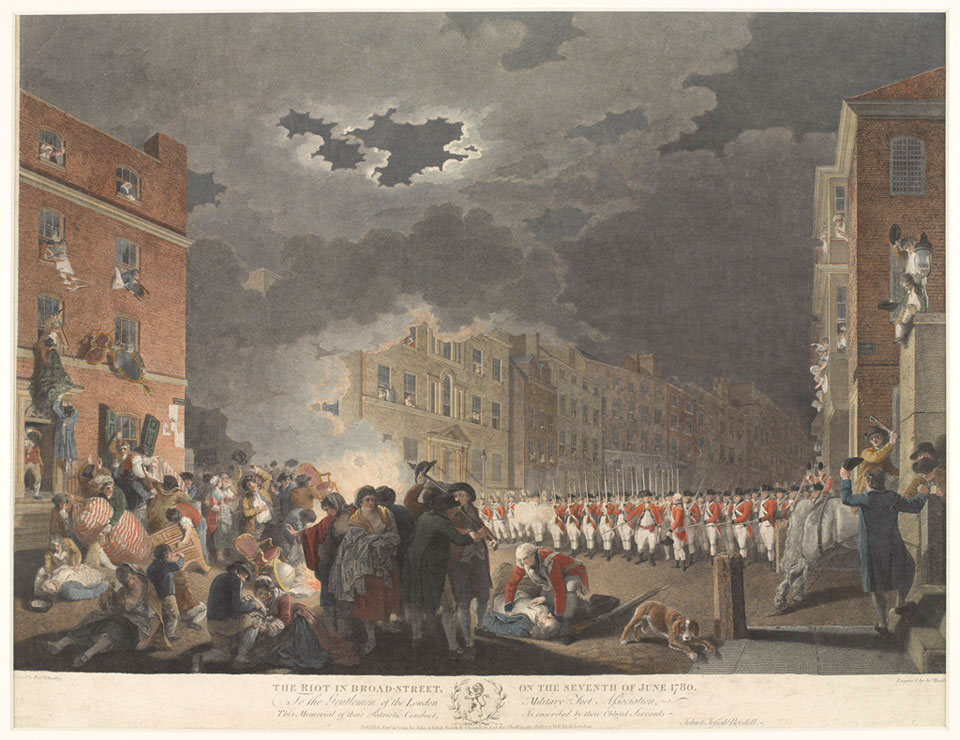Christmas Creep Has Left Us Confused
November 26, 2024

Weeks ago, the sweet family across the street put up their festive holiday lights. The house on the corner followed, then three more houses, all before I had even managed to order a Thanksgiving turkey.
I curse the lights.
Typically American, I mutter, meaning of course U.S. American, where we are so arrogant we subsume all the countries to the north and south, and so profit-driven that revenue (read: greed) makes all our communal decisions.
But then I read that in Australia, the luxury department store David Jones Limited starts showcasing Christmas merchandise in September. Not to be outdone, Irish retailer Brown Thomas opens its Christmas store in mid-August. The U.K. has moved promotions to October so people can shop before Black Friday. Canadian retailers tried, too, but were met with hot protest at any suggestion of Christmas preceding Remembrance Day.
The alliterative, Dickensian term “Christmas creep” was coined in the mid-1980s, well before Black Friday showed up to rationalize it. Defenders cite an “arms race” in which any retailer that goes first nudges the others into haste. Also, once they have begun their Christmas in July, or August, or September, they feel trapped into continuing, lest the sales figures for that month suffer by comparison the following year.
The push toward anticipatory sales in mid-fall is not as new as I thought. People were already making a stand against pre-Thanksgiving ads in the 1950s, and the practice dates back to the Christmas-happy Victorians. Florence Kelley, cofounder of the NAACP, wrote in favor of the extended season, pointing out that a compressed one worsened child labor and the workload of young women forced to work overtime as sales clerks.
Now, though, our stuff shows up on our doorstep, and the Amazon workers should probably be striking year-round. Nonetheless, the creep continues. Are you in the mood for understatement? According to the Perplexity AI, “the motivation behind this trend is largely commercial.”
But wait—is it just commercial? In my neighborhood, this year’s decorations crept in weeks earlier than ever before. Maybe people just needed (or had) a reason to feel happy.
Whatever the motive, visually the creep reads as cultural confusion. Two days before Halloween, at Plaza Frontenac to see a movie, I walk past Williams Sonoma and grin at the lackadaisical skeleton sprawled in the window. Then I turn my head ever so slightly and see pine roping tied up with red velvet bows. Back home and walking the dog, I notice pumpkins perched on a neighbor’s front steps, not even smashable yet, and a glittery silver reindeer next door, looking like he wants to kick them.
Does anybody really know what time it is?
And is there nothing we can agree on?
Caught in this crazy overlap, I am hunting healthy Christmas cookie recipes (they do not exist) while planning Thanksgiving dinner, and the neighbors are so far ahead of me that putting up lights will feel like turning my homework in late. No more glee; nearly all the holiday rituals have begun to feel anticlimactic because they are over-rehearsed. I never thought I would be wistful about something as basic as: Halloween comes at the peak of fall color, then chill sets in for a cozy Thanksgiving with a hot oven and a fire in the fireplace, and the next day, if you are off work, you might start putting up the Christmas decorations, which will stay up through, ideally, a snowfall on Christmas Eve, and come down on the Feast of the Epiphany in early January. Was that so wrong? Each holiday had its own agenda, even its own weather. You could focus.
Now the only phrase that cuts through the cacophony is “Black Friday.” And though that manufactured occasion came late to the party, its sales have oiled the creep. Still, what is really to blame? Families with no idea how to spend time together once the food has been eaten? Somebody recently told me that it was a shame there was nothing to do, as a family, for Thanksgiving, other than eat and watch football. Which made me remember a long walk on country roads at a Friendsgiving when I was single…and how my husband and I used to go to the deserted Zoo, its residents frisky in their solitude, on the way to my mom’s house…. And then when we hosted, the games we would all play after dinner…. There is always something to do that is more fun than shopping. If there were no audience for these sales that have turned into holidays, retailers would find another way.
Germans, for example, have not fallen prey to the idiocy. They refuse to rush the season, which in their minds starts on the first Sunday in Advent. There is good reason for Advent, those weeks of anticipation that let you light more candles every seven days and know you are not even close until the fourth candle has been lit. That placid wreath tempers childish impatience; it holds space for thinking about what all this even means. (And it calms the nerves of whoever has to do all the shopping, baking, and decorating.)
The French, who take the savoring of pleasure seriously, wait until December to begin decorating and celebrating. They abhor aggressive sales and marketing tactics and often deliberately skip sale days. They emphasize the festivity that increases close to Christmas, not the shopping. They are famous for putting off their gift-buying until the last minute, preferring sociability to stuff.
Australia’s creep began because older Australians did not celebrate Halloween and had no Thanksgiving. The anticipation of Christmas filled a long void. And when younger Australians caught on to the fun of Halloween, rather than rethink the schedule, retailers just spewed out Halloween stuff alongside the Christmas merch.
This muddled overlap is spreading like an oil spill. Supermarkets in the U.K. start selling Easter eggs even before Christmas. Worldwide, marketing for the next holiday starts as soon as—or before—the previous holiday has ended. There is no chance to savor the fun you just had, no time to take a breath, no willingness to live a while in ordinary time.
Women who do not work outside the home (or are bored by their jobs) often dive into the decorating, shopping, and baking with a vengeance. It is a break from the monotony, a chance to be creative, to make their small world shine. So they run themselves ragged and wind up not even enjoying what they have made happen. Kids get swept along from candy to presents, sliding, en route, through the boredom of a November holiday that offers no gifts, just a demand to be grateful for all we take for granted. We have lost the art. Far easier to offload contentment on the acquisition of stuff, that quick hit of dopamine as you remove the packaging or giftwrap and make it your own.
Why blame retailers? They are trying to restore our joy. They do this by serving up peppermint mochas in holiday-printed cups and playing holiday music ad infinitum and flashing holiday lights and showing clever holiday commercials until we are heartily sick of the holiday and ready to move on.
A state we reach well before the holiday has arrived.
Read more by Jeannette Cooperman here.




